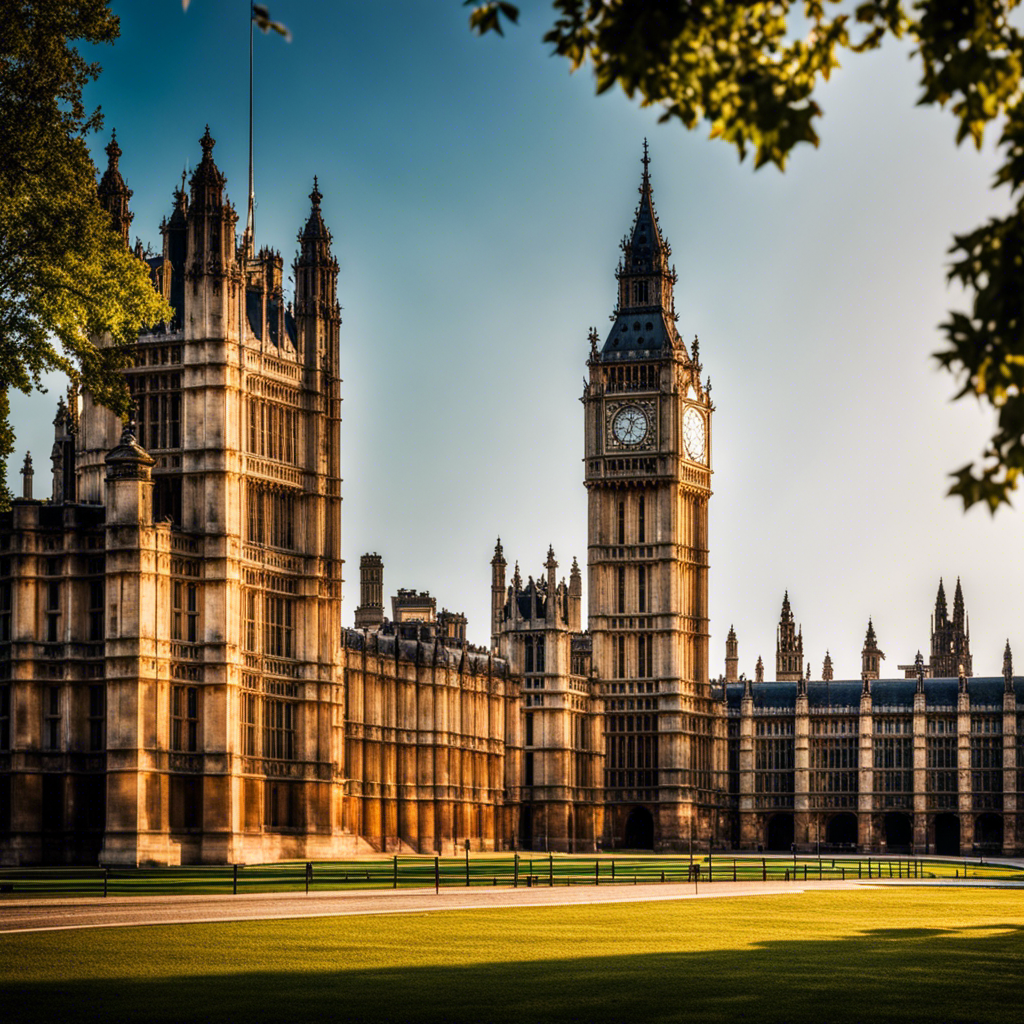On Friday, Theresa May, the former Prime Minister of Britain, announced her decision not to contend in the upcoming elections, bringing her tumultuous 27-year parliamentary career to a close. This career was most notably marked by the upheaval caused by the Brexit debacle.
Joining a steadily growing list of Conservative party members planning to leave parliament, the 67-year-old May appears to be part of an ongoing trend. Recent surveys indicate that the ruling party might likely lose its authority to the Labour party in the forthcoming election.
May’s tenure as Prime Minister began in 2016 after her predecessor, David Cameron, stepped down following Britain’s surprise decision to exit the European Union. Her colleagues in the Conservative party chose her to execute this monumental task, for which no guidelines were provided.
However, after three years of struggling to actualise Brexit on time and secure parliamentary approval for her exit strategy, she resigned from her position. Her resignation led to Boris Johnson taking the helm and injecting fresh enthusiasm into Britain’s departure process.
Despite stepping down as Prime Minister, May continued to serve as a legislator for her constituency in southeast England. Notably, she stated that her increasing dedication to tackling contemporary issues of human trafficking and slavery was pulling her attention away from her parliamentary duties.
After reflecting on her commitments, she revealed to her local newspaper, the Maidenhead Advertiser, that she felt she could not continue serving her constituents in the manner she believed they deserved.
Rishi Sunak, the present Prime Minister, honoured May’s service by describing her as an unwaveringly faithful and a persistent advocate. He further acknowledged that she embodied the essence of what it means to be a public servant.
May’s leadership was largely dominated by the tumultuous Brexit process, which orchestrated one of the most chaotic instances in the recent history of British politics, both for the country and her own party.
In 2017, May aimed to consolidate extra power by calling for an unscheduled election to secure a wider mandate following an initial surge in popularity. This strategy, however, backfired as the conservatives ended up losing their overall majority. This turn of events tightened their reliance on the Democratic Unionist Party’s support to maintain their power, further complicating the process of passing Brexit policies through parliament.
In 2019, she stepped down from her prime ministerial post amidst a series of internal party disputes and a parliamentary deadlock that pushed the country’s constitution to extreme challenges. In an emotive speech, she described her tenure as the highest privilege of her life. – Reuters
(c) Copyright Thomson Reuters 2024

